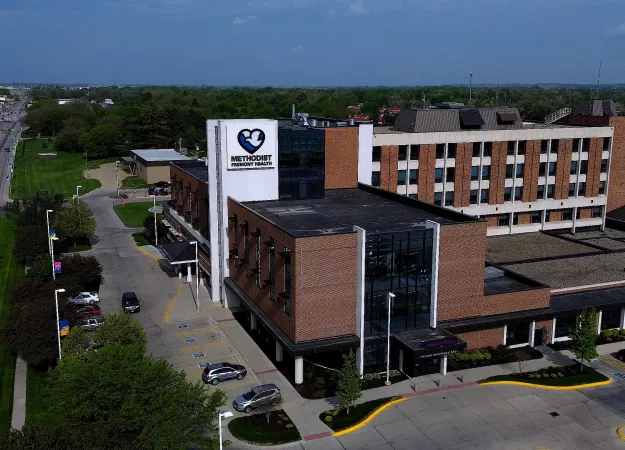





Palliative Care
Find a Provider
Why Methodist?
Depending on your location, our palliative care specialists can meet with you in the hospital or clinic settings, in your home or assisted living facility, or via telehealth. Using a team approach to your care, we work collaboratively with your primary care provider and other specialists to:
- Discuss your health care goals and needs
- Provide expert management of pain and other symptoms such as fatigue, nausea, constipation, shortness of breath or difficulty sleeping
- Help you navigate the health care system
- Offer guidance with choices regarding your or your loved ones medical care
- Give emotional and spiritual support for you and your family
Who Benefits
Palliative care might be right for you if you suffer from a serious, life-limiting disease, including but not limited to:
- Alzheimer’s disease or dementia
- Amyotrophic lateral sclerosis (ALS)
- Cancer
- Heart disease and heart failure
- HIV/AIDS
- Kidney disease
- Lung disease
- Multiple sclerosis (MS)
- Parkinson’s disease
Palliative care is appropriate at any age and at any stage of a serious illness and can be provided to compliment curative treatment. A palliative care consultation can be requested by a medical provider and is covered by most insurance plans, including Medicare and Medicaid. Our palliative care teams review each patient’s situation and medical needs to ensure that our services are appropriate for their circumstances. Patients will be offered an appointment for consultation if we determine that our services will meet their needs.
Differences Between Palliative Care and Hospice Care
Palliative care is not hospice care. Nor is it for patients with chronic conditions that aren’t life limiting. Palliative care may be for patients who are still receiving treatment for an illness. It involves assisting them and their families with ongoing decision-making, helping them understand the full scope of their diagnosis and treatments and goal setting while helping patients continue daily life and live comfortably for as long as they can. Hospice care is for patients who are terminally ill and focuses heavily on symptom management and patient comfort. Palliative care can begin at the time of a serious, life-limiting diagnosis and extend through hospice.
We encourage you to start a conversation with your health care provider and loved ones regarding your choices through advance care planning documents, which may include:
- Power of attorney for health care: This designates someone to make medical decisions.
- Living will: This provides guidance regarding the type of medical care that you desire.
- IPOST or POLST: These documents, which are signed by a medical provider, give direction for medical care in cases of an emergency, including limitations to treatments.



